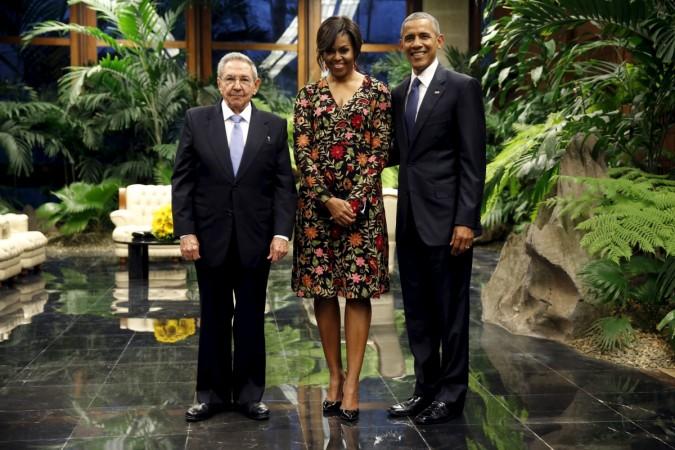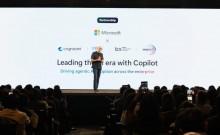
Google has announced plans to expand and improve internet facility in Cuba, a country that has limited internet connectivity. The company said that it is working to bring several services to the country, including Wi-Fi and broadband.
The announcement comes at a time when President Barack Obama is on a historic visit to Cuba. He touched down on the island country Sunday, marking the first by a sitting US president since Calvin Coolidge's visit in 1928. The two countries announced restoration of diplomatic ties in 2014, giving hopes of ending the cold relationship they have been having since the Cuban revolution ousted the pro-American government in 1959.
US companies like Netflix and Airbnb entered Cuba last year after the ties between the countries improved. It was reported in June that Google has made proposal to enter the country and improve internet access. The country's first free and public WiFi hotspot was opened at a Havana cafe last year, but it was way too expensive at a fee of $4.50 per hour.
Earlier this year, internet network operator ETECSA announced its plan to provide broadband facility to homes and some public places in Havana, giving some hope of a better internet connectivity, which has become a tool to help people live a better life.
Now, a bigger change can be expected if Google keeps its words. The search giant has said in a blog post that it is partnering with the Organic Romerillo Museum in Havana, Cuba, through which its latest products like Cardboard and Chromebooks connected to ETECSA will be exhibited.
Google said they are happy that Cuban children can experience virtual reality and explore places around the world like any other children around the world. The company also said that they are exploring possibilities to improve and increase internet access in the country but still in the early stages.















